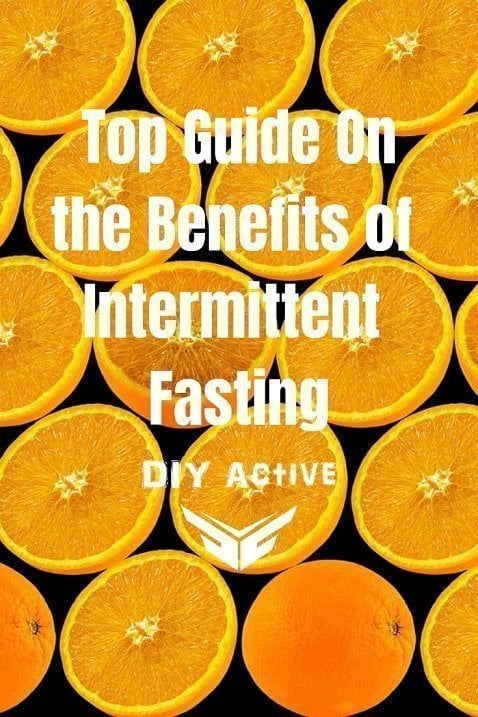Benefits of Intermittent Fasting
Intermittent fasting has become very popular in the last 5 years and comes in many shapes and forms. A common protocol is the 8/16 split where you fast for 16 hours and then have an 8-hour eating window.
Top benefits of intermittent fasting
This is commonly done by fasting through the night and then continuing the fast until around lunch where the fast is broken.
You are then able to eat for the next 8 hours where you then begin your fast again. Other forms of fasting include full-day fasts, which can last 24 hours and more to get a more significant positive impact on the body.
Where are these positives though? In this article, we go over everything you need to know about the benefits of intermittent fasting.
Intermittent Fasting Changes Your Body

The first benefit of this is that the body starts the cellular repair process and your hormone levels change that makes the fat your body stores more accessible.
This combined with the limited eating window is what makes this protocol so effective at changing your body composition.
Your insulin levels also change. As you fast your insulin levels drop, which starts the fat-burning process. This is also associated with an increase in the levels of growth hormone, which is key for building muscle.
These two things combined with regular gym use and a high protein diet will have a significant impact on your body composition.
Interested in more? Check out this DoFasting App Review.
Intermittent Fasting Limits Your Food Consumption
Importantly, as well as the changes to your hormones, having a time-restricted eating schedule will mean that you naturally eat less.
If you only have 8 or even 4 hours to eat in a day, you are limiting how many total calories you can take in.
Calories are still the number one thing that will affect how much fat you store or lose. This works on both a daily, but also a weekly level.
If you fast for one or two days of the week for example, but then eat slightly above average on the other days, as long as your weekly calories put you in a deficit then you will lose body fat.
This is then combined with the extra hormonal edge you get from fasting. Lowering your insulin levels, increasing your growth hormone, and then increasing your norepinephrine levels all combine to give you an extra edge over a standard calorie deficit diet.
Research On Intermittent Fasting
Studies have found that short-term fasting over a 16-hour period increases your metabolic rate by 3-14% depending on the person, which increases how many calories your body burns at its base level.
Another study found that people using an intermittent fasting eating protocol reduced their weight by between 3 and 8% over a 24-week period and lost up to 7% of their waist circumference.
Wrap-Up
Finally, intermittent fasting helps with adherence. Any diet that puts the body below its maintenance calories will work but staying on a plan is what will keep the results.
The easier it is to stay on an eating plan the easier the results.
It is reported that those that used intermittent fasting found staying in a calorie deficit easier than those that ate on a normal eating plan with the same number of calories.